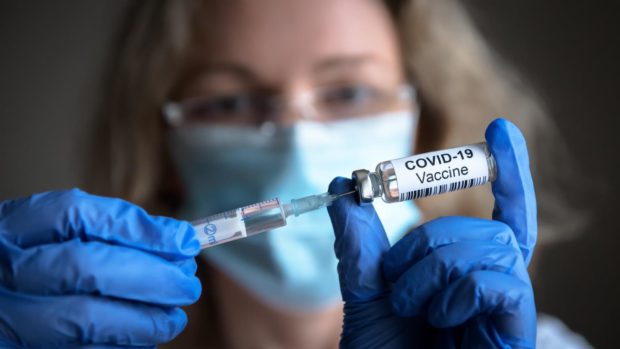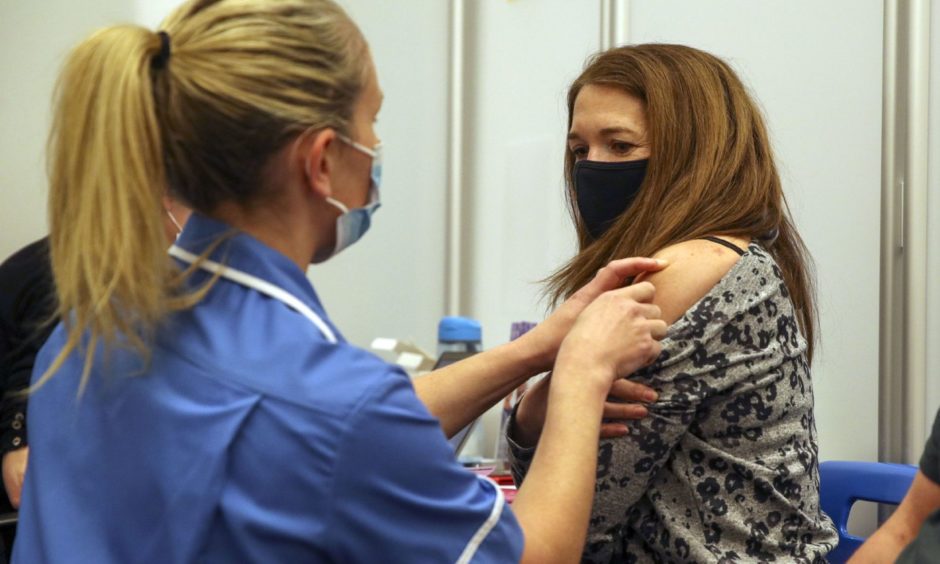Warnings have been issued that patients who contract the Delta Variant of coronavirus are at “double the risk” of being admitted to hospital.
Covid cases are on the rise across Scotland with the surge believed to be driven by the strand first identified in India.
Now nationwide research done by Edinburgh and Strathclyde universities and Public Health Scotland has found the Delta Variant of coronavirus does lead to an increased risk of hospital admissions.
Meanwhile, vaccines have been found to take longer to build “strong” immunity against the newer strain with jags also believed to be less effective than against the Alpha Variant, which was first detected in Kent.
What is happening with the Delta Variant?
Edinburgh University and Strathclyde University analysed 19,543 community cases of Covid between April 1 and June 6 where a specific variant had been detected.
The numbers led to a total of 377 patients being admitted to hospital.
Tests found that 134 of those needing medical treatment came from the 7,723 people who were found to have the Delta Variant, which is more infectious.
Professor Aziz Sheikh, director of Edinburgh University’s Usher Institute, which examines population health, told BBC’s Good Morning Scotland the research had established patients with the new strain were at “twice the risk” of being admitted to hospital.
He said: “The Delta Variant has taken hold very rapidly in Scotland. About three quarters of cases now are the Delta Variant.
“Cases are rising very rapidly in Scotland, unfortunately. In early May there was just under 100 new cases a day. Earlier this week it was at more than 1,000. It’s a very rapid increase.”
Professor Jason Leitch, Scotland’s national clinical director, has warned the Delta Variant has “changed the game in a crucial way” with even more importance placed on the second vaccine jag.
Do coronavirus vaccines still work with Delta Variant?
The research has found that the Pfizer and AstraZeneca Covid vaccines still provide “good protection” against the Delta Variant to reduce the risk of hospital admissions.
However, the study warned the jags take longer to have an effect against the new strain.
A lag of up to 28 days was found after the first dose with the second dose being crucial to build immunity with a shorter wait of two weeks after the second injection.
The research found the second Pfizer jag gave 79% protection against the Delta Variant, compared to 92% against the Alpha Variant.
Meanwhile, the AstraZeneca vaccine offered 60% protection against Delta, compared to 73% against Alpha.
However, experts believe the lower rates for AstraZeneca may be due to it taking longer to build immunity compared with Pfizer.
Dr Jim McMenamin, Covid-19 national incident director for Public Health Scotland, said: “These results provide early encouragement that two doses of either Pfizer-BioNTech or Oxford-AstraZeneca vaccines significantly reduce the risk of infection against both the Alpha or new Delta variants.
“They also show the vaccines offer protection against the risk of hospitalisation with the new Delta variant.
“Though no vaccine can be 100% protective, they provide the best protection against Covid-19 and it remains important to get both doses when offered.”











